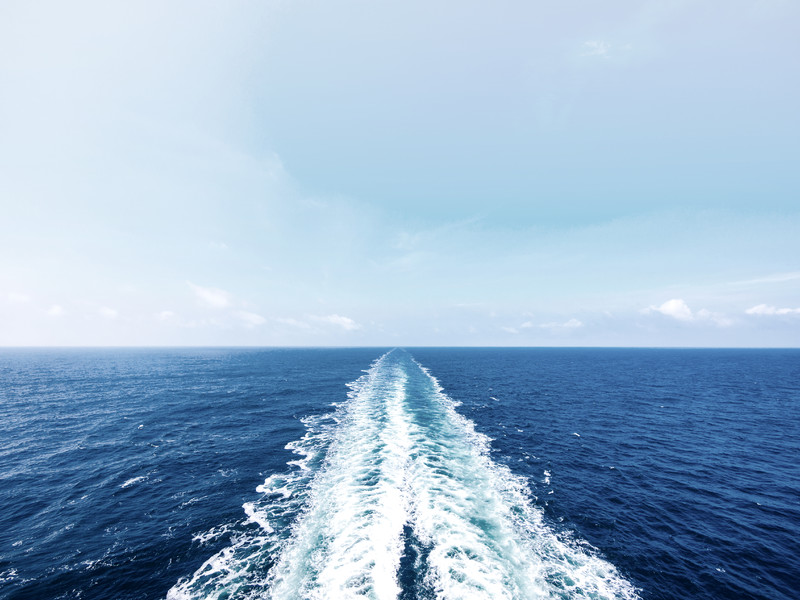There are growing concerns in the tanker sector that governments in the west have not understood fully the potential implications of the latest set of western sanctions against Russia, particularly the ban on western companies buying oil for more than an artificial price cap. A question being asked by traders, tanker companies and governments is whether the petroleum industry’s supply chain will be able to cope with these new sanctions, which are the toughest on Russian exports in history. Bloomberg observed that most tankers were covered against risks including oil spills by the 13 International Group Clubs, most of which were in Europe, with several operating out of EU countries. The EU’s sanctions mean that the bloc’s firms would have to stop providing cover, while the IG itself could not count on reinsurance from EU-based companies.
The UK was yet to fully follow the EU, meaning that some cover could still be available. The IG itself is in London. The price cap would make European services and insurance available to companies who abide by the price ceiling for Russian oil. Notwithstanding whether Russia would cooperate with the cap program, the EU’s participation is far from straightforward. In signing up, the bloc had two important stipulations.
First, that shipping companies — including the giant Greek fleet — would be included. In other words, a trader could theoretically only hire a Greek tanker if that trader paid a capped price for oil. Second, the EU’s rules as currently written state that a tanker anywhere in the world will not be allowed to access the bloc’s insurers and reinsurers — for any future cargo, including non-Russian — if they purchase if they transport a oil that wasn’t bought under the cap.
Europe is a centre for insurance and reinsurance. Without it, owners risk being under-covered against risks, including oil spills. That makes adhering to EU sanctions — and the cap — a polarizing and uncertain issue for tanker owners. The EU’s implementation of a cap has yet to be formalized and also depends on other G-7 nations taking similar actions. The result has been a vast shadow fleet of tankers with unknown owners being STEW amassed to transport Russian oil at a free-market price.
Intense US-led diplomatic wrangling to soften the aggressive EU sanctions has been going on for months, but with only a few weeks to go, no solution appears to be in sight. The EU’s penchant for close-to-deadline agreements does not work well when it comes to products with long lead times, of which oil transport is a prime example. Little clarity exists on whether the EU plans will help the world’s third-biggest oil producer get much of its output to buyers at the stipulated price. The US has been telling the EU for some time that its plans could trigger a major supply shock. It is negotiating for companies to be allowed to access EU services — especially insurance.
What is looking increasingly likely is that a large part of Russian oil flows will bypass the existing global tanker network, and the insurance associated with it. Ports and safe passages dominated by shadowy entities still willing to deal with Russia. Christian Ingerslev, CEO of Maersk Tankers A/S, told Bloomberg that “if you look at how many ships have been sold over the past six months to undisclosed buyers, it’s very clear that a fleet is being built up in order to transport this”. Shipbroker Braemar estimated that to support four million barrels a day of Russian exports to the far east, many of the recently-transacted vessels will need to be added to the 240 ships — 102 Aframaxes, 58 Suezmaxes and 80 very-large crude carriers — that have carried Iranian and Venezuelan crude in the past year – the basis of the large shadow fleet that will support Moscow.
“There’s been a sharp rise in the tanker trading since the war and in the run-up to the December 5th deadline by undisclosed entities based in countries such as Dubai, Hong Kong, Singapore and Cyprus,” said Anoop Singh, head of tanker research at Braemar. He noted that many were older ships and would find their way to the shadow fleet, with Russian shipowner Sovcomflot PJSC supplying some tankers as well.
There was almost certainly also going to be a significant increase in the number of ship-to-ship transfers enabling the combination of a few small cargoes that have left Russian ports onto larger tankers for long-haul voyages.
China and India plus some other Asian destinations are certain to become the top destinations for Russian oil after December 5th – but, unless the EU backs down, the global insurance system, including protection against environmental disaster, could break down.
This article is kindly supplied by Insurance Marine News. If you would like a complimentary trial to the daily Insurance Marine News e-bulletin please email grant.attwell@insurancemarinenews.com.

